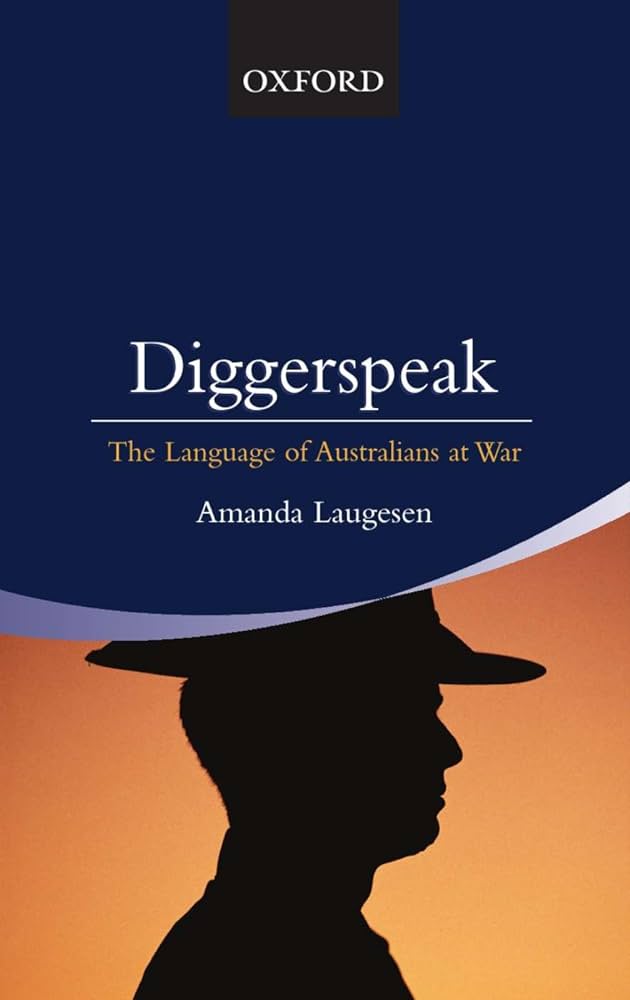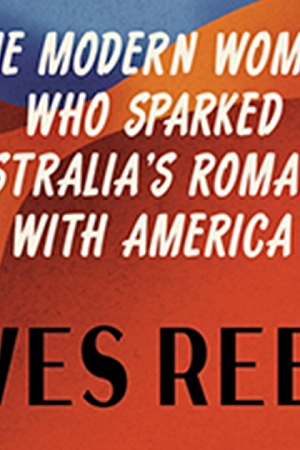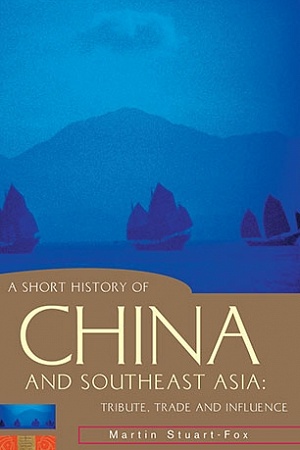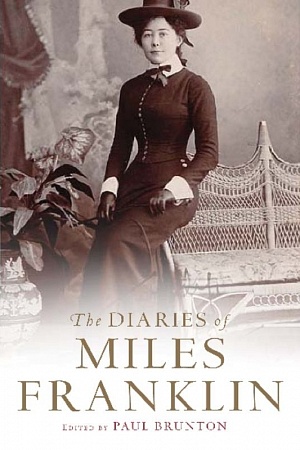Diggerspeak: The language of Australians at war
OUP, $34.95 pb, 206 pp
War lingo
While I was reading this book, news came that Peter Casserly, the last surviving digger who fought on the Western Front in World War I, had died, aged 107. Like Marcel Caux, who died in 2004, aged 105, Casserly always repudiated the Australian glorification of Gallipoli, refusing to participate in Anzac Day marches, join the RSL or even to talk about his wartime experiences. Yet after eighty-seven years of silence on the subject, Casserly had not forgotten the language that diggers used in 1917. The Sydney Morning Herald report of his death quoted from an interview he gave. ‘Another time Fritz derailed a train with English soldiers on board,’ he recollected, adding that, ‘Jerry was always trying to blow up the train with all its ammo.’ The soldiers’ terms to refer to their enemy, the Germans (or ‘the Hun’, as it pleased supporters of the conflict to say then), were Fritz, the pet-form of the common German given name Friedrich, and Jerry, an English pet-name that echoed the word German. Likewise, the Turks were called Abdul and Johnny Turk.
Continue reading for only $10 per month. Subscribe and gain full access to Australian Book Review. Already a subscriber? Sign in. If you need assistance, feel free to contact us.














Leave a comment
If you are an ABR subscriber, you will need to sign in to post a comment.
If you have forgotten your sign in details, or if you receive an error message when trying to submit your comment, please email your comment (and the name of the article to which it relates) to ABR Comments. We will review your comment and, subject to approval, we will post it under your name.
Please note that all comments must be approved by ABR and comply with our Terms & Conditions.